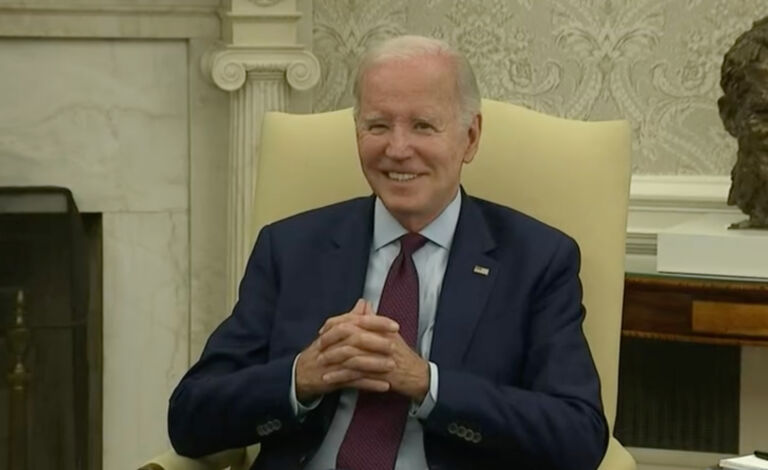Isaac Schorr of National Review Online reports on congressional Republicans’ reaction to the Biden administration’s opening days.
Unity, though not a virtue in and of itself, can nevertheless be a noble thing to pursue. Obviously, there is nothing to celebrate when consensus is reached on the wrong ideas, or when some arbitrary orthodoxy is foisted upon recalcitrant minorities. But our form of government does require a kind of procedural unity — some compromise, give-and-take, and horse-trading — for the necessary work of Congress to get done. And any country with at least a degree of agreement on principles and objectives is better off than one without any at all.
Joe Biden, for better and worse, ran for president promising to unify the country. He reiterated that promise at his inauguration. He may even have been earnest when he did so, but there’s little evidence to suggest his administration is making any earnest attempt to triangulate. To the contrary, it appears that the forces around him are determined to chart a highly partisan course, and the president seems content to be along for the ride — even if that course runs counter to his instincts.
Just ask the Senate Republicans most willing to compromise.
Susan Collins is one member of a group of ten Republicans who presented Biden with a $600 billion relief package that could have acted as starting point for negotiations. Biden rejected it out of hand, insisting on a $1.9 trillion bill — conceived of by the White House, not Congress — that is purportedly meant to address the pandemic, but is in truth mostly aimed at crossing off items on the Democrats’ wish list. After a recent meeting with Biden, Collins called the president “attentive,” but observed that [White House chief of staff] Ron [Klain] was shaking his head in the back of the room the whole time, which is not exactly an encouraging sign.”


